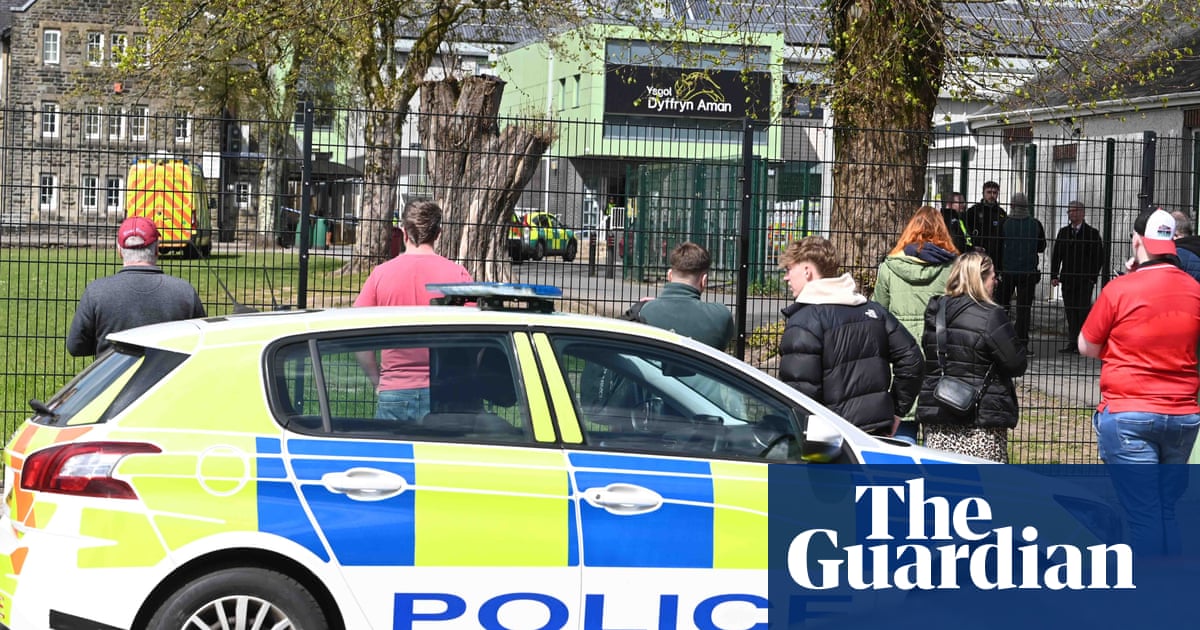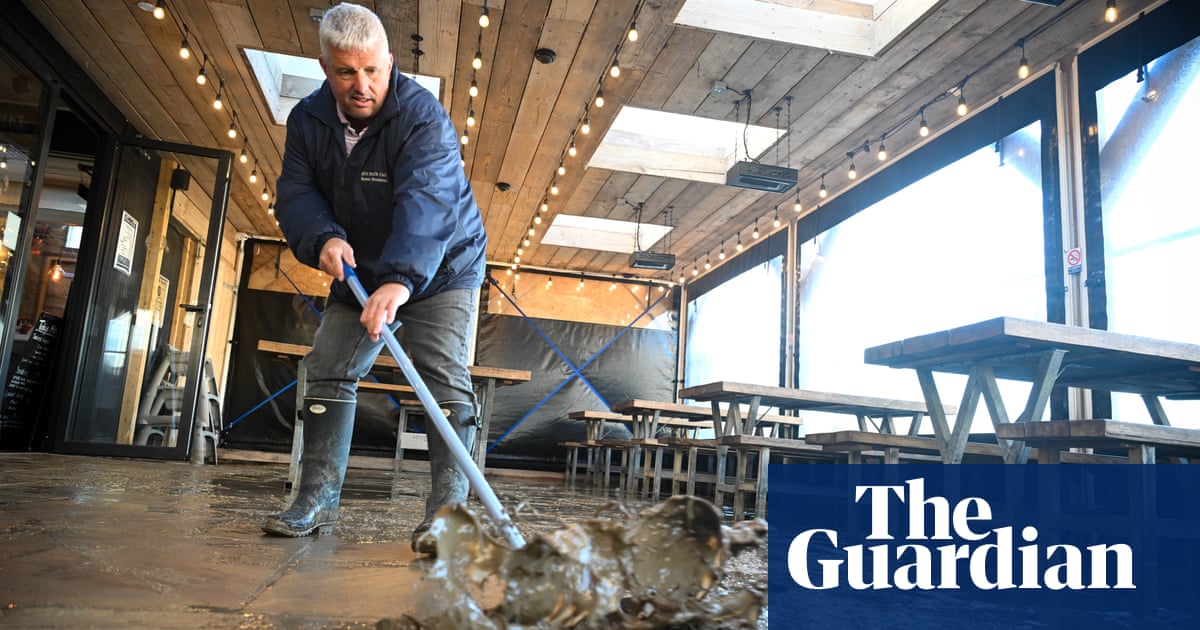
Stricter “rule of six” regulations are being brought in for both Wales and Scotland, amid warnings that the pandemic is spreading again.
In Scotland, Nicola Sturgeon said the new limit of six people from two households would apply indoors – in houses, pubs and restaurants – and outdoors, including in private gardens. The first minister added that she hoped this would reduce transmission and simplify the rules as much as possible.
On Wednesday, Boris Johnson announced a ban on meetings of groups of more than six people from up to six households in England, applying indoors and outdoors from next Monday.
Sturgeon said she was asking people in Scotland to follow the revised limit immediately, although it would officially come into force next Monday.
Any children under 12 who were part of the two households meeting would not count towards the six-person limit, and there would be exceptions for organised sports and places of worship.
Meanwhile, Wales is to limit the number of people who can meet indoors at any one time to six and all must belong to the same extended household group.
Up to four households are able to join together to form an extended household in Wales. This means all the people living in these separate households become part of one extended household for the purposes of the coronavirus restrictions.
There are no changes to the rules on meeting outdoors. Gatherings of up to 30 people are permitted outdoors in Wales. But people should continue to maintain physical distancing from people outside their household or extended household.
The Welsh government said the changes followed an increase in cases of the virus linked to people meeting and socialising with others indoors without physical distancing.
These changes will not apply in Caerphilly county borough council area, where local restrictions have been introduced, including a suspension on extended households meeting indoors, to control a sharp rise in cases.
In her statement to Holyrood on Thursday, Sturgeon also introduced rules on face coverings, which she said were designed to help keep the hospitality sector open.
The Scottish government will make it mandatory for customers in hospitality premises to wear face coverings whenever they are not eating or drinking, for example when arriving, leaving and visiting the bathroom.
Sturgeon told MSPs the country was not ready to move to phase 4 of her government’s route map out of lockdown, as she confirmed a further 161 cases of Covid-19 since Wednesday, 65 of which were in Greater Glasgow and Clyde, where five local authority areas are facing additional restrictions on indoor gatherings.
Further reopenings have been delayed until 5 October, including sports stadiums, theatres, live music venues, indoor soft play facilities and indoor contact sports activities for people aged 12 and over.
Sturgeon urged people to download the Protect Scotland contact-tracing app, which was launched on Wednesday evening. The proximity app, which uses bluetooth technology, adds to the current test-and-protect system, providing notifications if someone the user has been in close proximity with tells the app they have tested positive.
She said this would be particularly useful for settings where people spend time in close proximity to people they don’t know, such as on public transport.
The app had been downloaded more than a quarter of a million times by mid-afternoon on Thursday, although health officials stressed there was no target for use and that benefits accrued when relatively low proportions of a population, around 14-15%, were involved. There were some complaints on social media from those with older phones which could not download the app.
The Scottish government said the app had been developed with user privacy in mind. It does not store details on an individual or their location but uses encrypted, anonymised codes exchanged between smartphones to determine close contacts.
Sturgeonsaid the fact that many of the new infections were among younger people partly explained why the recent rise in cases had not been mirrored by a similar rise in hospital admissions or deaths.
“Although that can provide some comfort, it should not lead to complacency,” she said. “Although Covid kills relatively few younger people, we know it can still be harmful to their health. It is not a virus anyone should be relaxed about getting.”
She said it was important not to blame younger people for the infection rise. “I understand how hard this is for young people and it is not their fault. Younger adults are more likely to work in public-facing jobs, more likely to have to use public transport and live in shared accommodation.”












